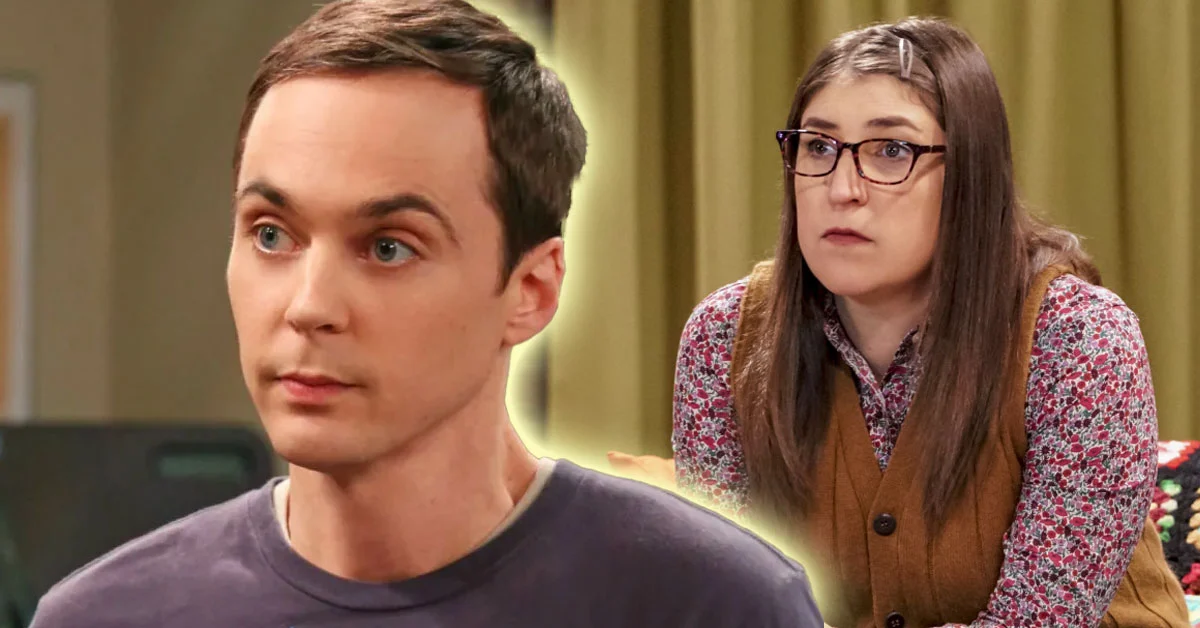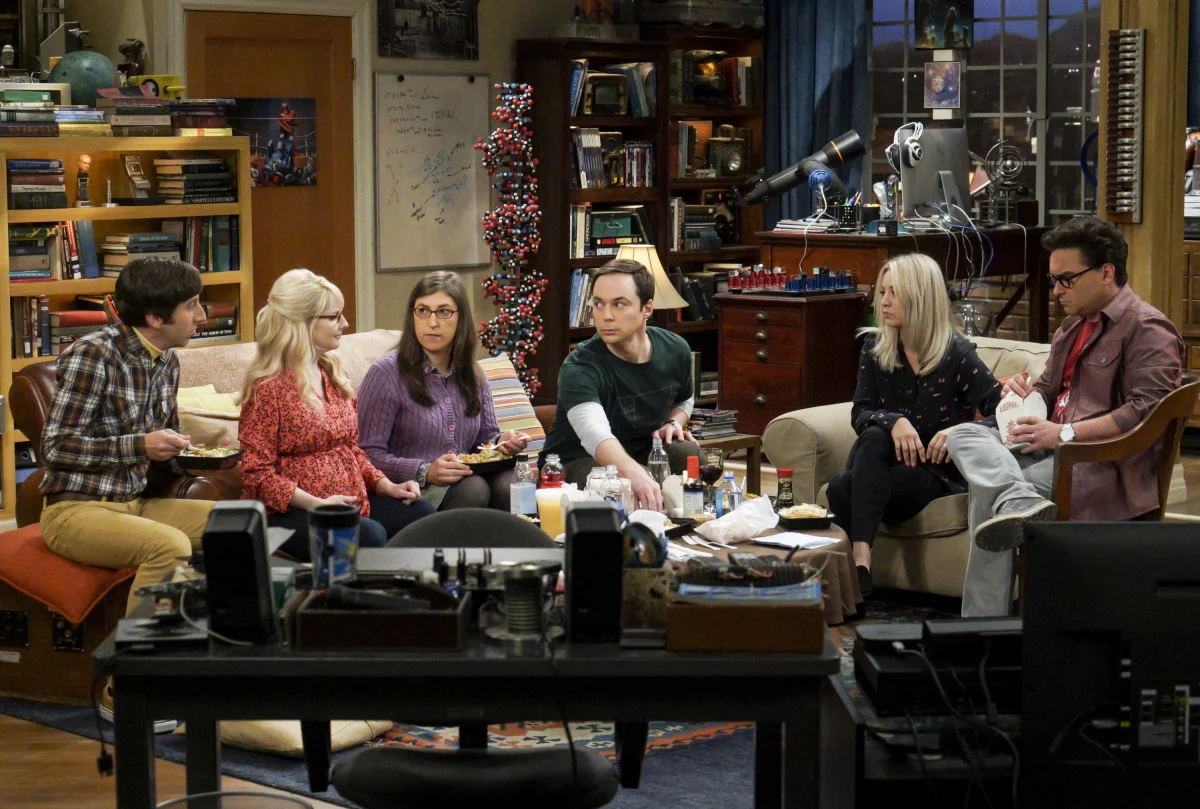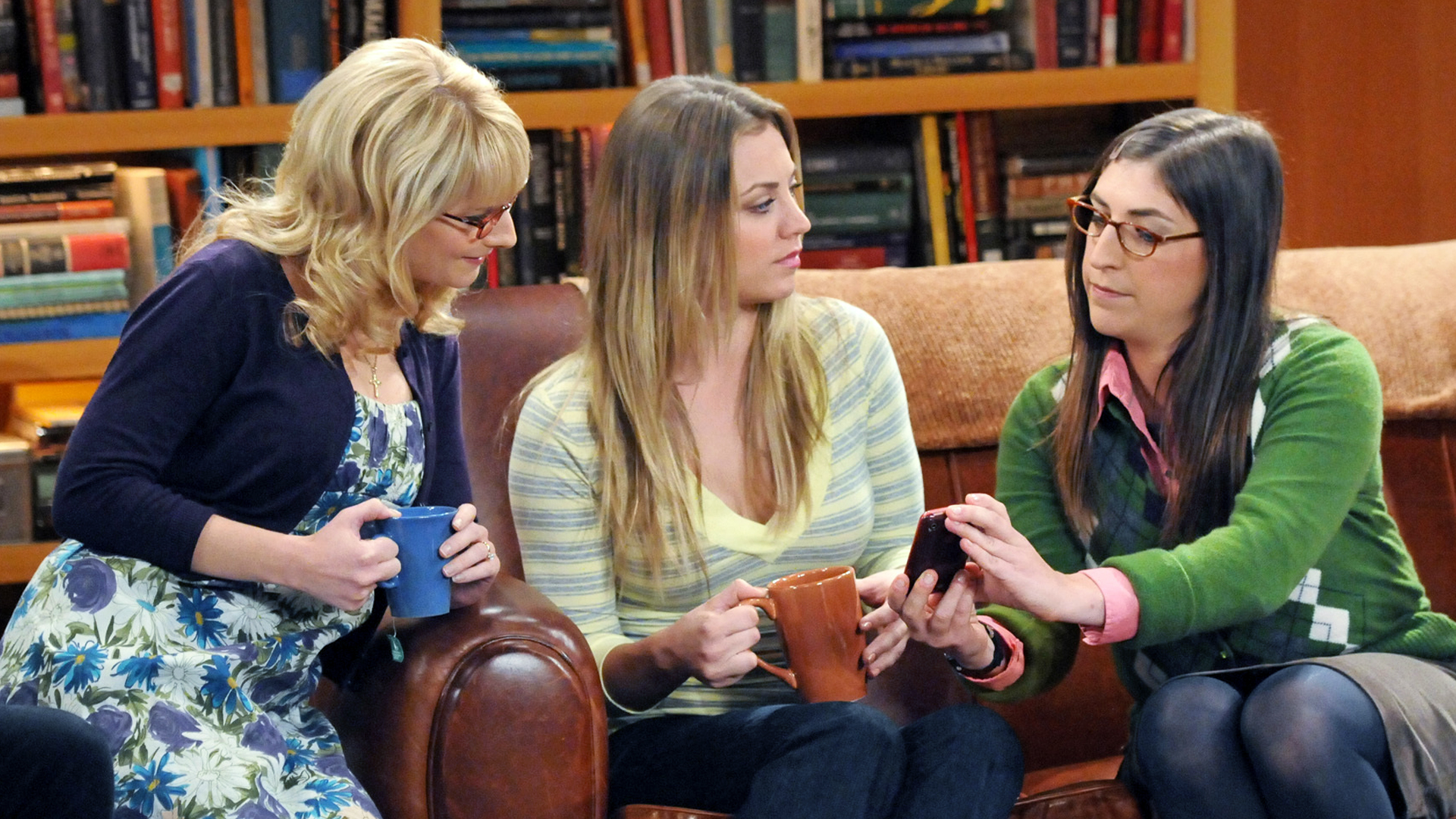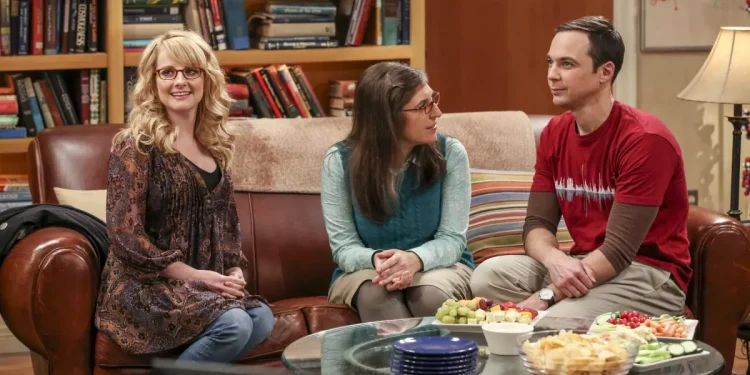Mayim Bialik, renowned for her role as Amy Farrah Fowler on “The Big Bang Theory,” has recently vocalized her critiques of Disney’s 2013 animated classic, “Frozen,” challenging its feminist undertones and representations of male characters. Known not only for her comedic talent but also as a vocal advocate for women’s issues, Bialik’s insights offer a fresh perspective on what many consider a modern feminist staple in Disney’s repertoire.

A Critical Look at Disney’s Approach to Feminism
“Frozen,” celebrated for its departure from traditional princess narratives, focuses on the bond between sisters Elsa and Anna, a storyline that has been praised for its empowering female-centric narrative. However, Bialik argues that the film falls short of truly modern feminist ideals. She points out that despite its innovative plot, the underlying quest for male approval and love still dominates, overshadowing its progressive elements.
“Sure, it’s sort of hidden, but the search for a man/love/Prince is still the reigning plot line in the movie. The sister’s desire to marry this guy she just met, and the other sister getting mad at her—we still have a plot about the identification of a woman being based on her desire and search to meet a man,”
Bialik expressed in her article for Kveller.
The Problem with Prince Hans and Male Bashing
One of Bialik’s more pointed criticisms addresses the character of Prince Hans, who is later revealed as the antagonist. Bialik notes that the portrayal of Hans as deceitful feeds into a narrative that could be seen as male-bashing, which she firmly opposes.

“First I claim to be a feminist and now I claim to be against male-bashing,” Bialik states. “That’s because feminism doesn’t equal male-bashing. And this movie isn’t empowering because it shows that a Prince is a jerk and should not have been trusted.”
Unrealistic Body Proportions and Their Impact
Adding to her critique, Bialik also comments on the unrealistic body proportions of the female characters, which perpetuate an unattainable beauty standard.
“They have ginormous eyes. Like really ridiculously big. Teeny-tiny ski slope noses. Exaggerated delicate ski sloppiness, actually. Barbie doll proportions of their bodies in general: tiny waists, ample busts, and huge heads. They look like dolls. They don’t look like the same species as the male characters even,”

Reflecting on the Evolution of Feminist Depictions in Media
Despite the criticisms, it’s undeniable that “Frozen” marked a significant moment in Disney’s history, portraying strong, independent female leads. However, Bialik’s comments reflect a broader conversation about the evolution of feminist depictions in media—a discussion that acknowledges the strides made while also recognizing the areas needing improvement.
As the landscape of media and feminism continues to evolve, critiques like Bialik’s are vital in pushing the narrative beyond superficial changes, advocating for a more nuanced and inclusive approach to character development and storytelling. Her insights serve as a reminder that while progress has been made, the journey towards truly empowering media representations is ongoing.









